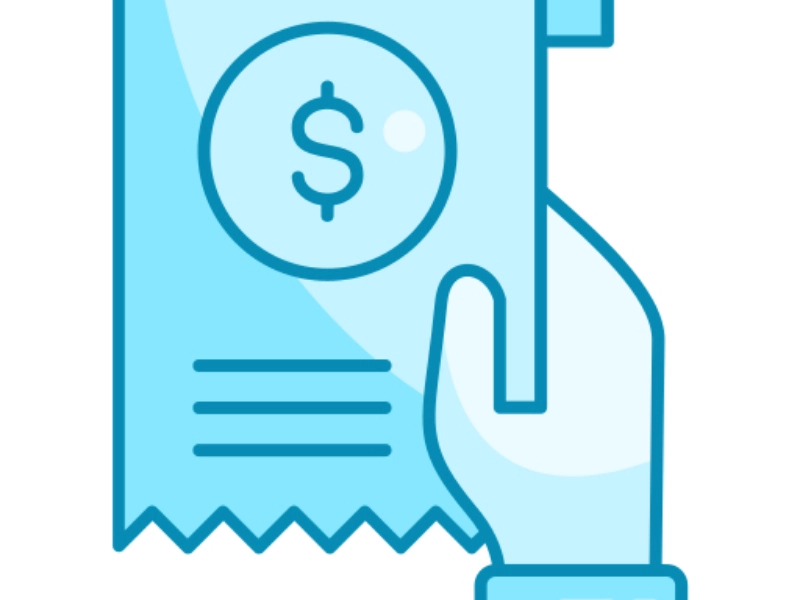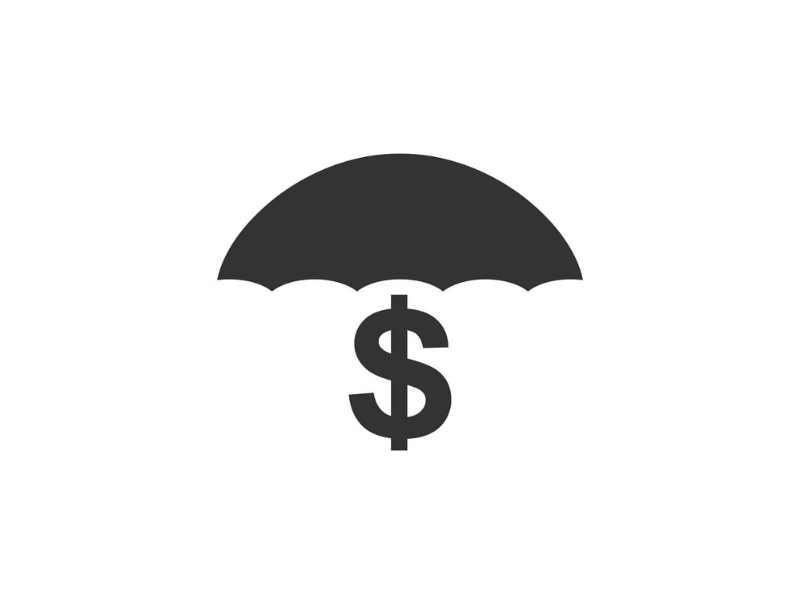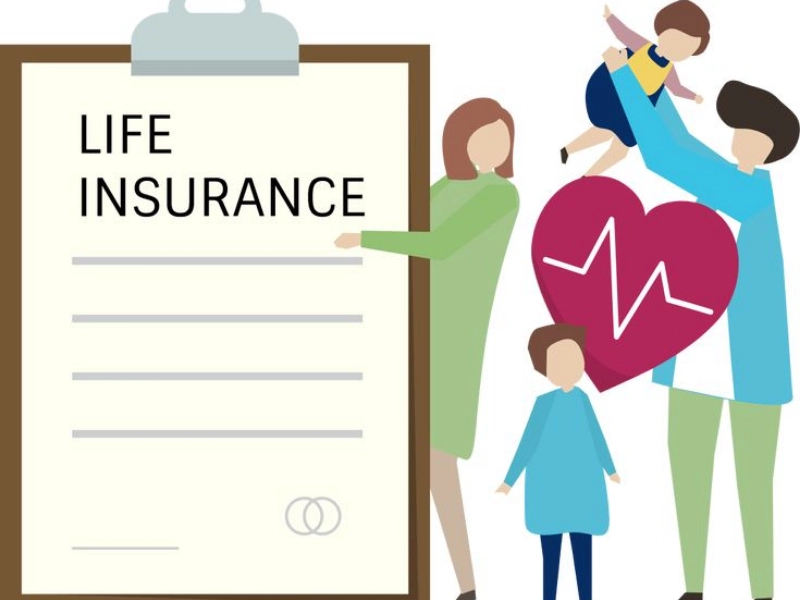The majority of customers seek affordable premiums without sacrificing quality coverage for their vehicles, houses, and lives. Several insurance brokers are skilled in doing just that in a number of ways. Discounts for professions, loyalty, and switching to paperless transactions are a few examples. When you raise your deductible, some insurance companies also give you a discount.
 Make sure you take advantage of all the discounts available to you when looking for insurance. According to Crewdson, "people frequently are unaware that they are eligible for discounts through their employer, professional or trade associations, alumni associations, and fraternities."
Examine your current policy for areas of overlap and redundancies as well. For instance, combining your auto and house insurance with one provider can frequently result in savings. You can also save money by raising your deductible. Worters cautions against doing so unless you have sufficient savings to meet the increased out-of-pocket costs. If not, you might have insufficient insurance.
Make sure you take advantage of all the discounts available to you when looking for insurance. According to Crewdson, "people frequently are unaware that they are eligible for discounts through their employer, professional or trade associations, alumni associations, and fraternities."
Examine your current policy for areas of overlap and redundancies as well. For instance, combining your auto and house insurance with one provider can frequently result in savings. You can also save money by raising your deductible. Worters cautions against doing so unless you have sufficient savings to meet the increased out-of-pocket costs. If not, you might have insufficient insurance.
 When consumers purchase multiple policies from an insurer, many of them offer discounts. The most popular bundles include home and auto insurance, but you can also purchase life, renters, boat, or motorcycle insurance from the same provider.
Because you can benefit from reductions that are often greater when plans are bundled together, bundling can help you save money. Additionally, it helps streamline your invoicing and makes it simpler to manage all of your insurance plans and payments.
To make sure the combined price is actually the best offer, make sure to compare prices nonetheless. Bundling could end up costing you more than buying two individual plans if you discover that it isn't. If so, you should think about modifying your policy.
When consumers purchase multiple policies from an insurer, many of them offer discounts. The most popular bundles include home and auto insurance, but you can also purchase life, renters, boat, or motorcycle insurance from the same provider.
Because you can benefit from reductions that are often greater when plans are bundled together, bundling can help you save money. Additionally, it helps streamline your invoicing and makes it simpler to manage all of your insurance plans and payments.
To make sure the combined price is actually the best offer, make sure to compare prices nonetheless. Bundling could end up costing you more than buying two individual plans if you discover that it isn't. If so, you should think about modifying your policy.
 Insurance companies can save money by processing, organizing, and storing paperless solutions. They also give policyholders more control over their documentation while assisting in adhering to compliance requirements.
Going paperless can help consumers keep better records and spend less time looking for invoices and notifications. It can also make it simpler to pay bills on time and lower the chance of identity theft.
Insurance companies can incentivize clients to go paperless by streamlining and expediting the process. This can involve providing continuous digital communications that emphasize convenience benefits and sustainability effects, as well as checking the option to opt for paperless billing during account creation. A free coffee card or another little reward is an example of an incentive that might increase customer acceptance of new digital offerings.
Insurance companies can save money by processing, organizing, and storing paperless solutions. They also give policyholders more control over their documentation while assisting in adhering to compliance requirements.
Going paperless can help consumers keep better records and spend less time looking for invoices and notifications. It can also make it simpler to pay bills on time and lower the chance of identity theft.
Insurance companies can incentivize clients to go paperless by streamlining and expediting the process. This can involve providing continuous digital communications that emphasize convenience benefits and sustainability effects, as well as checking the option to opt for paperless billing during account creation. A free coffee card or another little reward is an example of an incentive that might increase customer acceptance of new digital offerings.
 For insurance buyers, finding the ideal mix between price and coverage is crucial. Raising your deductible can result in lower costs for both homeowners' and auto insurance. Raising your deductible from $200 to $500 or even $1,000 can lower the amount you have to pay out-of-pocket before your insurer pays for a charge, which can save you 15–30% on the cost of optional collision and comprehensive coverage.
Make sure you can pay the higher deductible, though, in case you need to submit a claim. Furthermore, you could be better off with a lower deductible if you can't take on the financial risk.
For insurance buyers, finding the ideal mix between price and coverage is crucial. Raising your deductible can result in lower costs for both homeowners' and auto insurance. Raising your deductible from $200 to $500 or even $1,000 can lower the amount you have to pay out-of-pocket before your insurer pays for a charge, which can save you 15–30% on the cost of optional collision and comprehensive coverage.
Make sure you can pay the higher deductible, though, in case you need to submit a claim. Furthermore, you could be better off with a lower deductible if you can't take on the financial risk.
 Even though overall inflation has decreased this year, car insurance prices have soared. For many families, it represents one of their biggest monthly expenses and, in certain areas, a sizable portion of their income.
For older cars, you may be able to save money by forgoing comprehensive and collision coverage. But make sure you save the money you would have spent on repairs in case something happens to your car.
You can receive lower premiums from certain insurers if you choose to raise your insurance deductible. Make sure you have enough saved for the increased out-of-pocket expenses in the event that you need to submit a claim and that you are aware of the implications of this choice by speaking with your agent.
To get discounts, homeowners may consider making improvements to their homes. For instance, installing a sprinkler system or a burglar alarm may lower your insurance.
Even though overall inflation has decreased this year, car insurance prices have soared. For many families, it represents one of their biggest monthly expenses and, in certain areas, a sizable portion of their income.
For older cars, you may be able to save money by forgoing comprehensive and collision coverage. But make sure you save the money you would have spent on repairs in case something happens to your car.
You can receive lower premiums from certain insurers if you choose to raise your insurance deductible. Make sure you have enough saved for the increased out-of-pocket expenses in the event that you need to submit a claim and that you are aware of the implications of this choice by speaking with your agent.
To get discounts, homeowners may consider making improvements to their homes. For instance, installing a sprinkler system or a burglar alarm may lower your insurance.